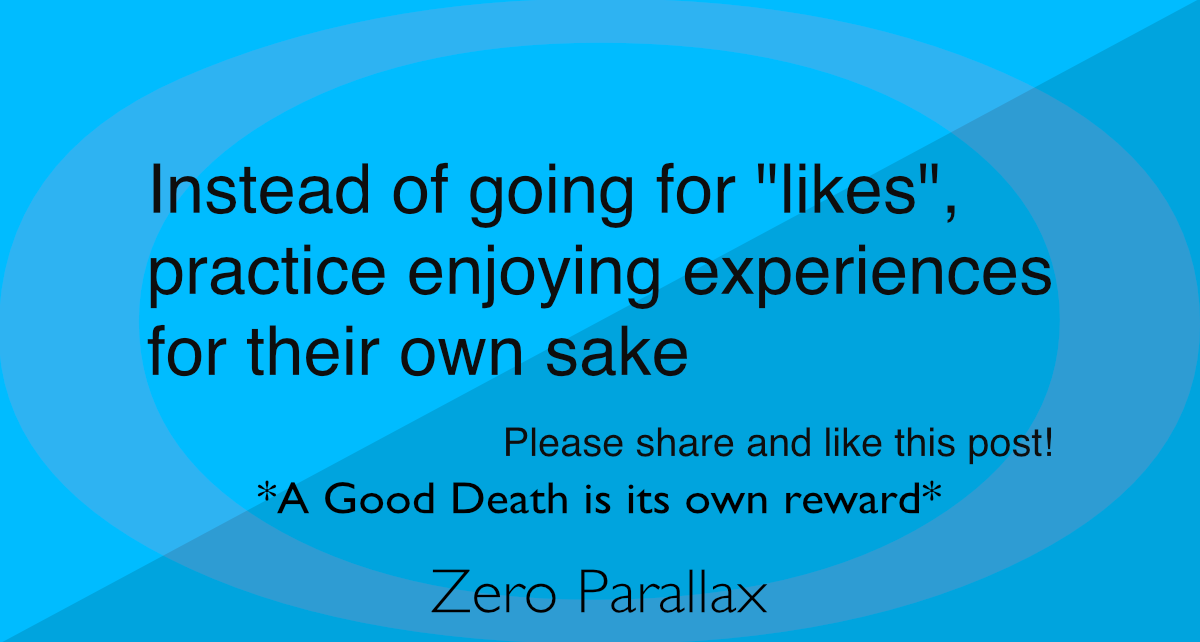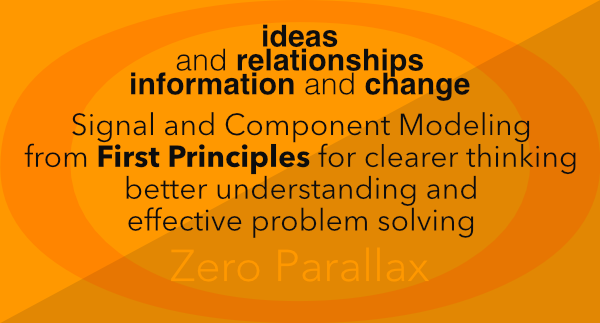A Good Death is its own Reward
A good death is its own reward…
That's a line from the first Superman movie with Henry Cavill.
I'd just written an article about learning something well enough that we don't need google, i.e. actually learning something, and towards the end of writing that article, what struck me is that in this age of smart phones and social networks, one of the things that we tend to do a lot of is ask people how to do things, instead of figuring it out for ourselves.
We treat people like an extension of google.
And more to the point of this article, we crave likes and loves and shares from other people instead of enjoying something for ourselves.
Getting compliments isn't always a bad thing. Nor is enjoying a compliment.
The trick is enjoying experiences for ourselves.
The smell of grease and despair
I remember working at a restaurant before starting my university degree, and I used to get compliments on my salads. I made them look nice and people noticed. It actually made the job enjoyable. I later got "promoted" to the grill.
No one ever compliments a hamburger (then again, maybe I wasn't that good at cooking them), and I went home smelling like grease, and a little later like despair.
I didn't even know that I hated the job until one day when I walked into work and someone noticed that I was happy. And that surprised them, they were so used to seeing me look the opposite of happy. They asked what had happened. Why was I smiling?
I'd been to a party the night before and ended up chatting with a girl I'd liked. It had been enough to make my night.
Turning salad into art
When I made the salads that got the compliments, I wasn't making them that way to get a compliment. I was working to make it look good for myself.
(And I guess looking back, I didn't know at the time how to turn making making hamburgers into an art.)
Sell your soul for likes
And that's perhaps where facebook and other social networks can help us sell our soul.
If we share stuff because we think/hope other people will like it, and we get disappointed when it doesn't get liked, or worse, we share something that does get liked, then the tendency may be to do more of that, selling more of ourselves in the process. We seek external validation because we don't know how to validate ourselves.
That being said, if we share stuff because we like it or agree with it, and perhaps on top of that share stuff based on an idea of how we want to present ourselves, or based on the idea of the type of change we want to bring into the world, well, then I think we are being a bit more true to ourselves.
Enjoying our experiences as we have them
A good death is its own reward.
We can substitute the word death for anything that we choose to do well. To die well is to experience the transition from life to whatever is beyond life, without flinching. (Or at least that's the way that I'm choosing to look at it.) And that's the way we can approach the things we do in life (that don't transition us to the afterlife.)
Rather than doing things so that other people like it, we can do it so that we enjoy the process of doing, or are fully engaged in the act of doing while we are doing it.
That's where we get the reward.
That means the thinking mind is turned off. The knowing mind is turned on. We know what we have to do, and we get on with doing it while noticing what is happening now.
And then afterwards we can enjoy the experience in retrospect.
Which is maybe what happens after we die.
Enjoying experiences for ourselves
In the afterlife, or the life beyond this "limited" experience in time and space, we can review our life. But before getting to the afterlife, in this life now, being able to sink ourselves into our experiences as we have them, when those experiences end, or die, we can look back at them while still living. And rather than needing someone else to judge them, we can judge them, or simply enjoy them for ourselves.
The sharing then becomes optional rather than a driving force because we've recognized and liked or loved ourselves.
And rather than swearing or berating ourselves when we look back at potentially embarrassing experiences, we can simply note what we'd like to change, so that we can work at changing it.
(And yes, I'll share this on facebook!!!)

